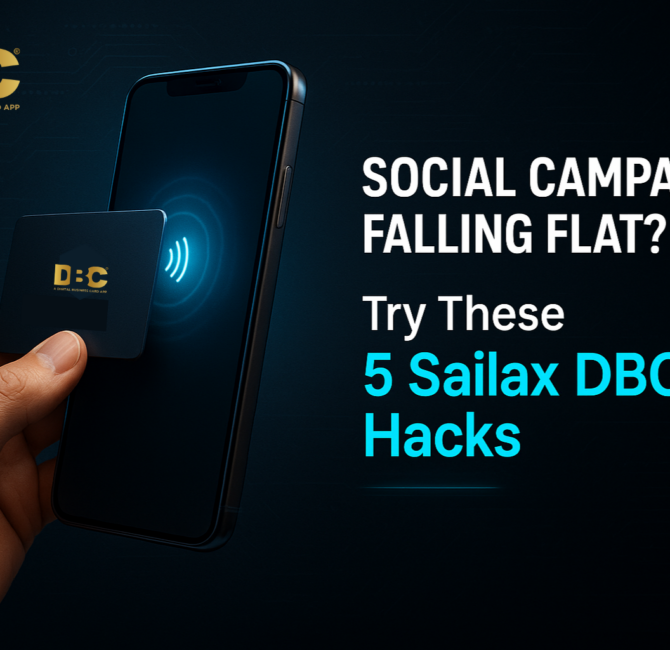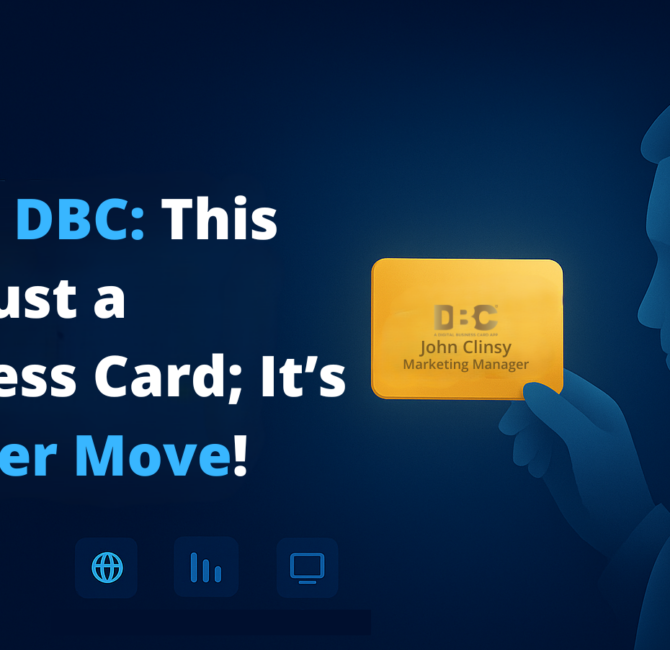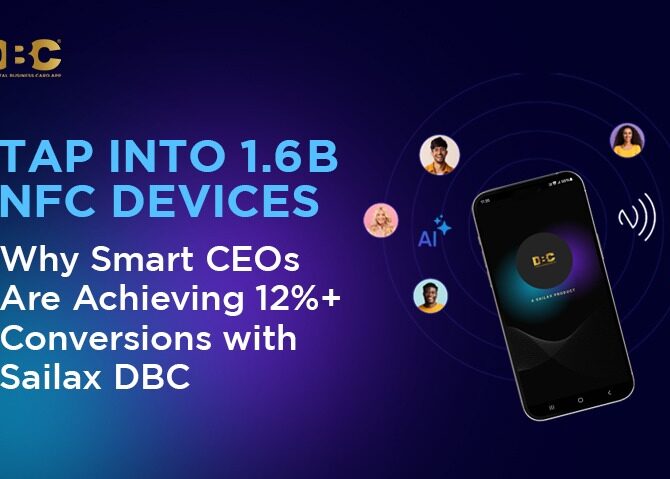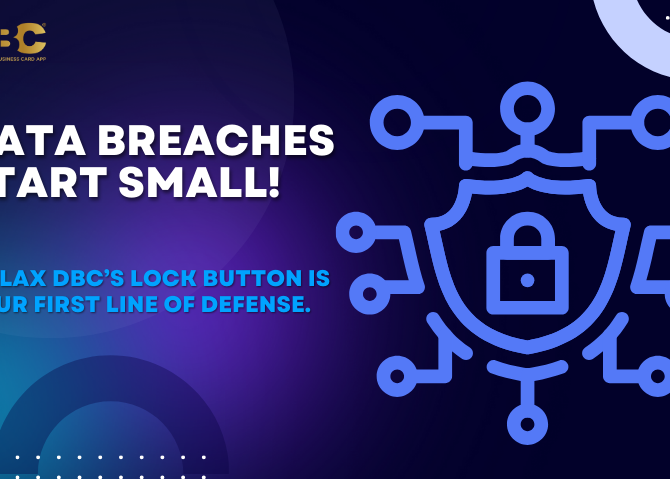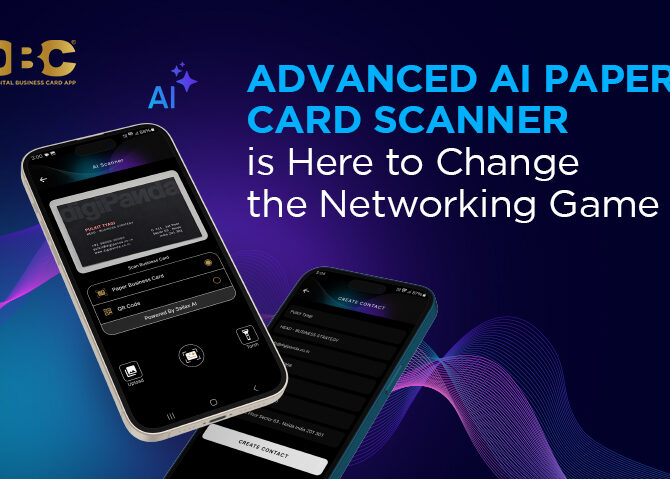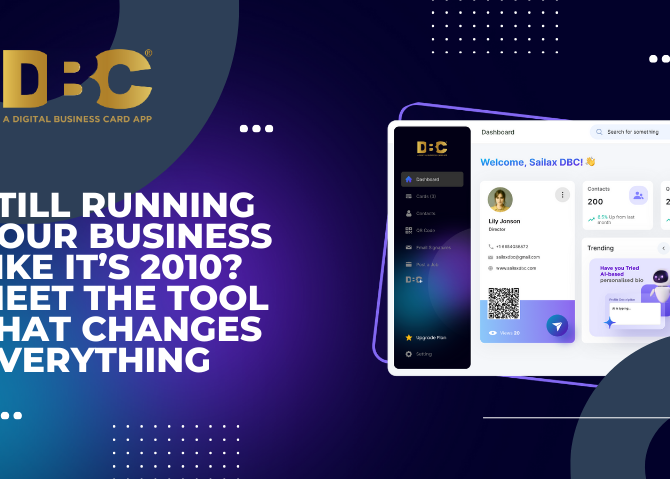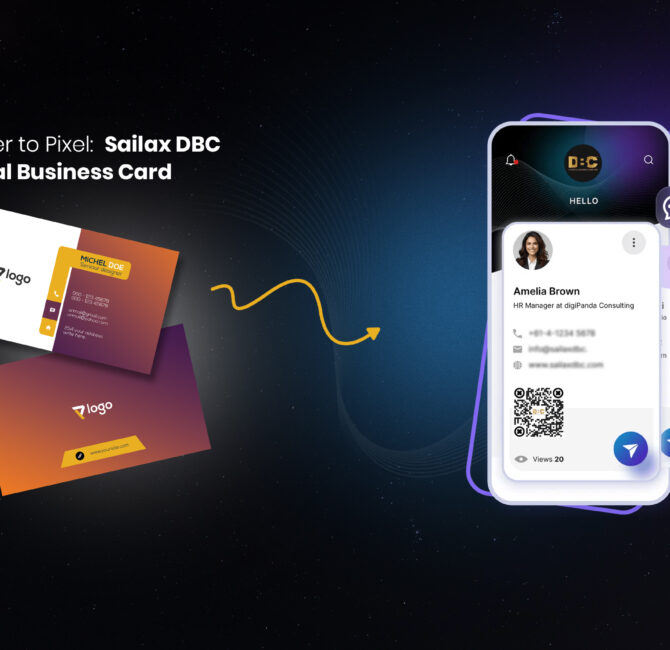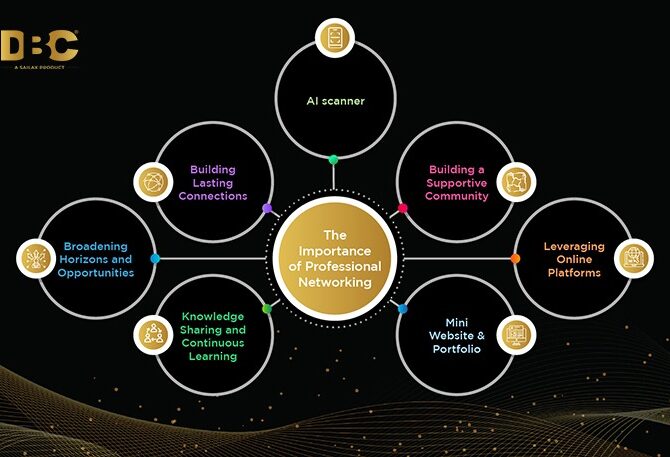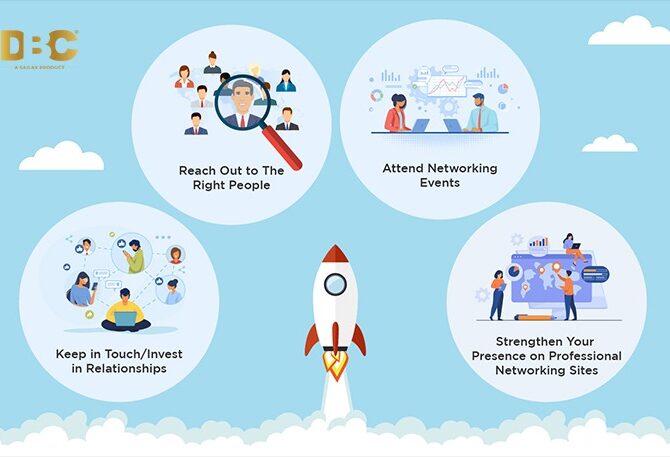
Unlocking Business Success- Mastering the Art of Networking
As a business owner, networking is crucial, not only for personal connections but also for building your business network. Business networking involves connecting with other companies and brands to foster mutually beneficial relationships.
In the modern digital era, traditional business cards are being enhanced by digital versions, providing a convenient and eco-friendly method to share contact information and quickly connect with potential partners and collaborators.
Mastering the Art of Business Networking- Key Skills to Succeed
Building a business network shares similarities with traditional networking. You still need to initiate contact, engage in meaningful conversations, and exchange contact information. However, the core objective differs.
While traditional networking focuses on personal connections, business networking revolves around establishing connections that benefit your brand and foster mutually advantageous business relationships.
Think Long-Term
Shift your networking focus from immediate solutions to building long-term partnerships. Instead of solely seeking connections to address pressing needs, prioritize cultivating relationships with potential collaborators who could bring mutual value over an extended period.
Ask yourself: “How can a strategic partnership with this business contribute to our growth and success in the coming years?”
Demonstrate Genuine Interest.
Authenticity is paramount when fostering connections within your business network. Demonstrating genuine interest in understanding the challenges, aspirations, and achievements of others fosters trust and lays the groundwork for meaningful, long-lasting relationships.
Embrace the Power of Diversity
While the tendency might be to focus solely on your industry and immediate professional circle, this approach limits your potential. Cultivate a diverse network that encompasses individuals from various backgrounds, industries, career stages, and areas of expertise.
This diversity of perspectives not only broadens your own viewpoint but also unlocks a wider range of opportunities for collaboration and innovation. Connections with individuals outside your immediate sphere can introduce you to fresh ideas, potential partners, and valuable insights that may not be readily apparent within a homogeneous network.
Addressing Business Challenges
Networking is centered around mutual assistance, although the solutions you provide during business networking may vary slightly. Rather than solely focusing on personal support, the emphasis shifts to supporting each other’s businesses.
Consider how your business can address its specific pain points and add value to its operations.
Investing Time Wisely
Networking isn’t a quick process, but it’s a worthwhile investment. Building relationships takes time. Take the opportunity to understand your connections, learn about their business objectives, and current challenges, and determine how you can be of assistance.
Utilize Active Listening And Engagement Techniques
When networking, it’s important to not only gather information about your connections but also demonstrate your interest in learning about them. Engage in meaningful conversations by employing active listening skills, asking open-ended questions, showing empathy, and expressing genuine curiosity. Active listening plays a crucial role in establishing rapport and fostering stronger relationships.
Building Mutually Beneficial Relationships
Avoid being solely transactional: Networking should be a two-way street. While seeking assistance at times may be appropriate, prioritize offering value and building genuine connections. Overwhelming someone with requests can damage your reputation and hinder future interactions.
Strategic Follow-Up and Maintaining Connections

Follow-up thoughtfully: Consider the context and purpose of your communication. Focus on providing value and fostering an ongoing relationship, rather than solely seeking immediate favors. Remember, networking is all about making strong connections and long-term partnerships.
Expressing Gratitude
Show appreciation: Acknowledge the time and effort your connections invest in interacting with you. A sincere thank you demonstrates your respect and strengthens the bond.
Networking at Events
Maximize event interactions: Utilize events to connect with potential partners and collaborators. Networking mediums like digital business cards can help you efficiently share your contact information and create a lasting impression. Consider incorporating NFC technology for a more interactive experience.
Sailax DBC offers NFC enabled cards that can help you network seamlessly at such events and also let you stand out from the masses.
Measuring Networking Success
Define your goals: Determine what success entails for your networking efforts. This might involve establishing a specific number of connections, securing partnerships, or achieving brand recognition. Monitor performance and adjust strategies to stay ahead of the curve.
Here’s how you can leverage digital business cards for successful networking:
- Pre-Event Preparation: Create a Sailax DBC digital business card that reflects your brand identity and clearly communicates your value proposition.
- Event Efficiency: Exchange contact information quickly and easily with other attendees by sharing your digital business card.
- Following Up: After the event, you can easily follow up with connections and personalize your outreach with relevant information based on their digital business card details.
Additionally, consider integrating your Sailax digital business card with other networking tools and platforms. This allows for a more streamlined workflow and facilitates further engagement with your connections.
By embracing digital business cards, you can significantly enhance your networking experience. They not only streamline information sharing but also project a professional and tech-savvy image, making a lasting impression on potential partners and collaborators.
FAQs
1. What makes business networking different from personal networking?
Business networking focuses on building connections that benefit your brand and foster mutually advantageous relationships, whereas personal networking is more about individual connections.
2. How can I shift my networking focus to long-term partnerships?
Prioritize cultivating relationships with potential collaborators who offer mutual value over an extended period. Think about how strategic partnerships can contribute to your business growth in the coming years.
3. Why is diversity important in building a business network?
Cultivating a diverse network introduces fresh ideas, potential partners, and valuable insights that a homogeneous network might not provide. It broadens your perspective and unlocks a wider range of collaboration opportunities.
4. How should I approach addressing business challenges during networking?
Instead of solely seeking personal support, focus on supporting each other’s businesses. Consider how your business can solve its specific pain points and add value to its operations.
5. What's the key to effective networking follow-ups?
Thoughtfully follow up with connections by providing value and fostering ongoing relationships. Avoid being solely transactional and prioritize building trust and long-term partnerships through strategic follow-ups.




